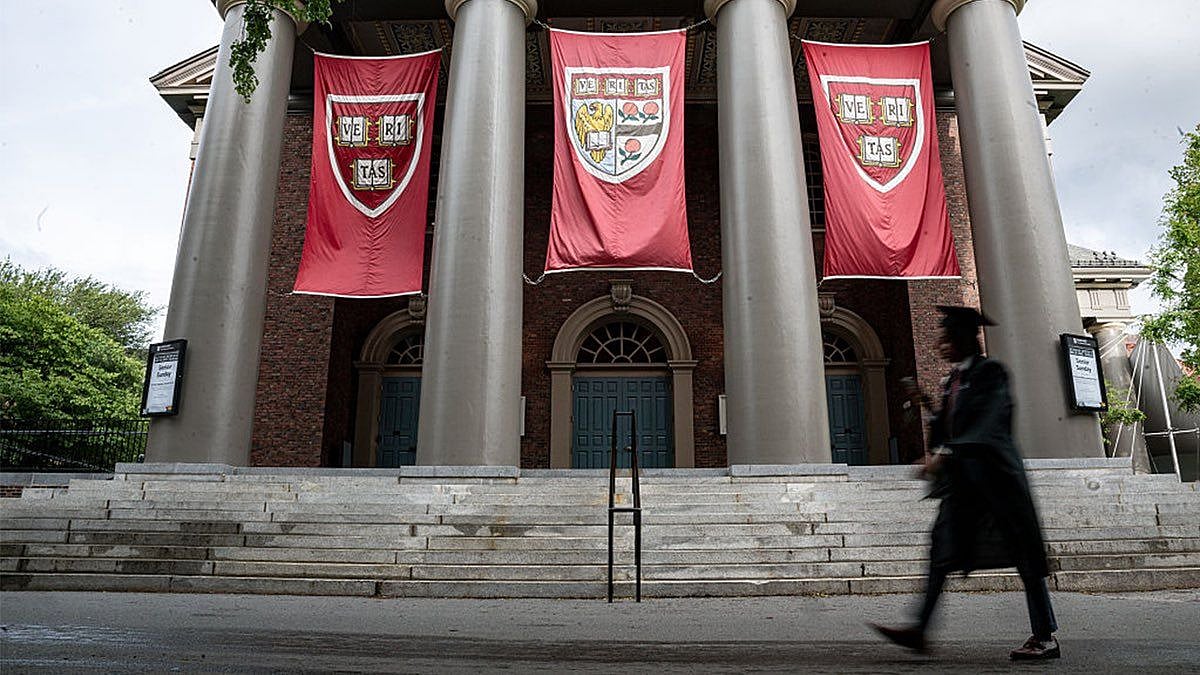Mumbai: Indian Institute of Technology (IIT) Bombay has developed a new model that will help more accurately decide the actions required to reduce air pollution.
The initiative, named PAVITRA, has been described as a 'high-fidelity' and 'computationally efficient' air pollution management and intervention tool for India. It's a collaborative effort of researchers at IIT Bombay, the University of California Berkeley, the University of Washington and Center for Study of Science, Technology and Policy (CSTEP). It has received a US $3 million grant from US-based Open Philanthropy.
The project comes at a time when cities across the country, including Mumbai, have been reeling from poor air quality. According to the System of Air Quality Weather Forecasting and Research (SAFAR) dashboard, Mumbai's air quality was consistently 'very poor' during last week, improving slightly on Sunday with an AQI (air quality index) of 266, which falls in the ‘poor’ category.
IIT Bombay Professor Chandra Venkataraman, who is leading the project, said, “To achieve the ambitious goals of the National Clean Air Programme, we need new insights into how a vast range of interventions could reduce fine particle (PM2.5) pollution on different scales, like city, state and regional scales. The user-friendly PAVITRA platform would radically increase access to scientifically sound decision-making for a majority of air pollution policy stakeholders in India.
PAVITRA's air quality model will be made available publicly, which will allow the authorities to develop suitable strategies to mitigate air pollution. The project will be powered by InMAP or Intervention Model for Air Pollution, an open-source air quality model. "InMAP can be run on a web platform or a desktop computer and is user-friendly, yet provide scientifically robust information on the benefits of air pollution interventions at fine spatial scales,” said Professor Srinidhi Balasubramanian at IIT Bombay and Professor Julian Marshall of the University of Washington.
Through this project, the researchers plan to involve various stakeholders including university scholars, non-profits, think-tanks, industries, regulatory bodies and the citizens in the country's air pollution policy debate. “Creating this type of science-policy ecosystem takes time, but is greatly facilitated by powerful modelling tools, which can be widely applied. By establishing an indigenous hub at IIT Bombay and CSTEP for model development and capacity building, we hope to build critical mass in a user community in India with a diverse range of technical sophistication,” said Venkataraman.





